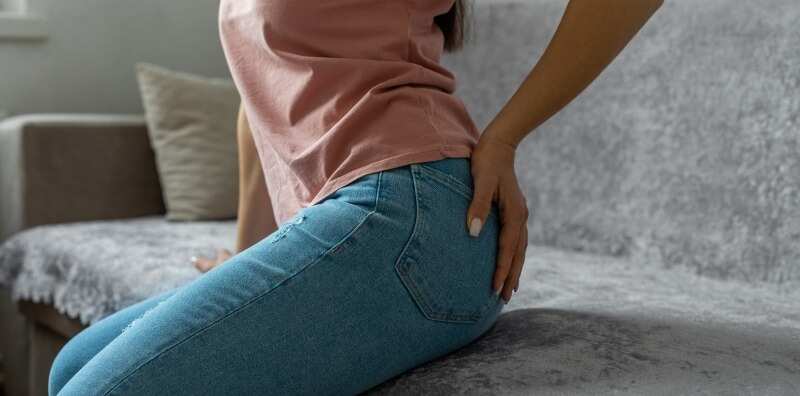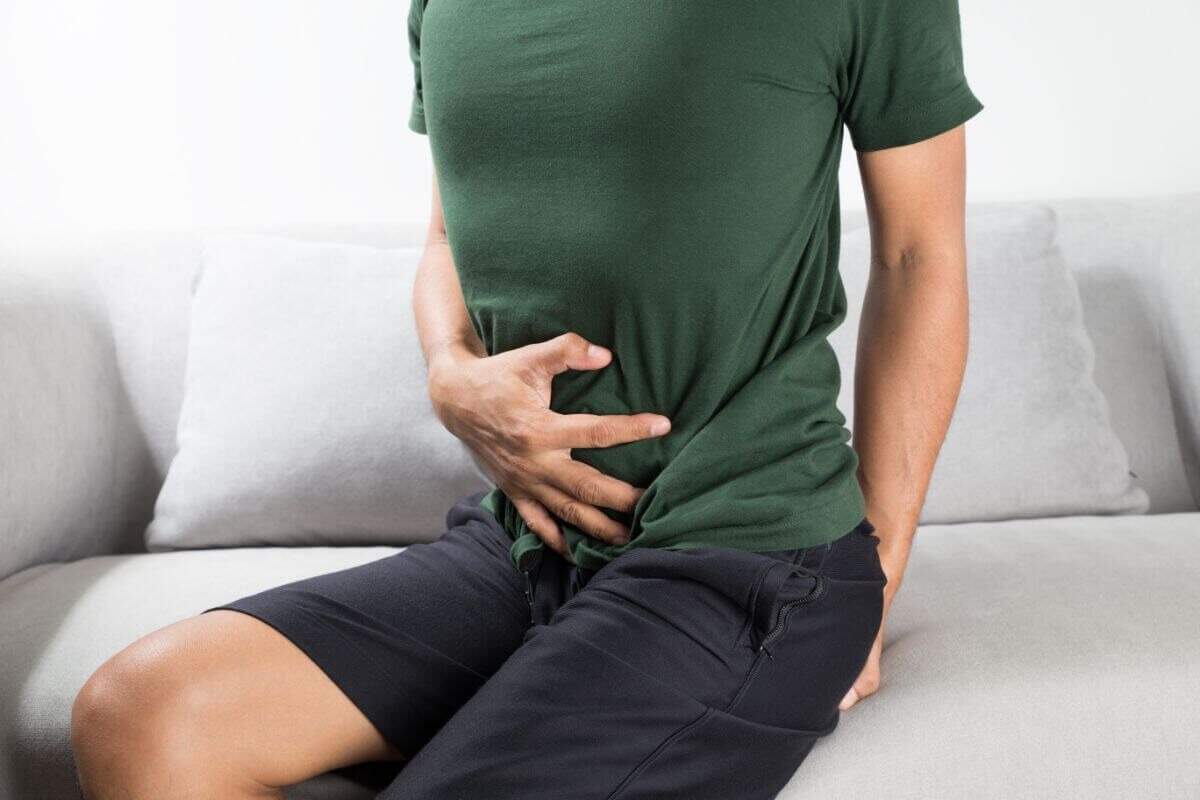Hip Boils: What You Need to Know About Symptoms, Causes, and Treatments

A boil is a skin infection usually caused by bacteria. These infections are very painful and cause discomfort in the area where they are located. Lumps contain hair follicles and form a strange bump or lump at the site of occurrence. You can get a boil almost anywhere on the body and that makes it worse. Sometimes you can enter your private areas including your penis, boobs or buttocks, it can lead you to very uncomfortable situations. Buttock boils can also affect your movement, posture, and mood. Today we will learn some details about rashes on hips and how to deal with them.

Boils on the hips
Rash on hips is a very common problem but people don't talk about it because it is very private for them. So if you are thinking that it is rare or that you need to worry, the answer is no. It is perfectly fine to have a rash on the hips, but it should be treated properly to prevent the spread of infection.
The bump may continue to enlarge and become pus-filled, do not break or pinch it. You should wet it with a warm cloth and then wait for the pus to come out. It can be cured quite easily. Eventually the skin returns to its original shape and heals itself. However, sometimes, it does not happen and you should know its causes and effects.

Symptoms of boils on hips
Having a rash on the buttocks can have multiple symptoms. It is very common and hence the symptoms are also prominent. You can know if you have a boil on your hips by the following signs-
- Buttock pain
- Tender spots on the skin
- Bulging on the hips
- A small bump that turns white with pus
- Trouble sitting in a certain position
- Discomfort while sleeping
- Yellow or white pus on the buttock
- Clear clear fluid from the bump
What causes boils on hips?
Bacterial infections are actually considered to be the most common cause of boils on the buttock. A bacteria known as Staphylococcus aureus is usually responsible for causing boils in this region. Bacterial infections can spread to certain parts of the body through the skin or inside the nose. Rashes are present on skin folds and hence the hips become a specific site for infection to grow. Areas with more hair, sweat, or friction are more likely to develop blisters, proving that rashes on the hips are common.
Risk factors for boils on hips
There may be some risk factors that can increase the likelihood of boils on the hips. Here are the following risks you should be aware of-
- Due to eczema on different parts of the skin
- Close contact with a person with a rash or skin problems
- Diabetes and Mellitus
- Decreased immune system function
- Iron deficiency causes anemia
- A cut or injury that increases the risk of infection
Treatment options for boils on hips
A boil is not a very serious condition; Hence, it usually does not require any special treatment to cure the condition. In most cases, boils heal on their own after the pus is released. You can apply certain remedies to cure it quickly and reduce the effects or rash on the skin. Here are some tips to treat your boils on hips.
Warm Compress – This is a technique where you soak a cloth or sponge in warm water and apply it to your boil. It removes pus quickly and improves skin condition.
Oral or topical medications – These include oral treatment groups containing antibiotics to treat the infection and prevent the boil from growing. There are topical antibiotics, topical antiseptics and antibacterial soaps to reduce the spread of infection.
Lifestyle measures – These are methods to reduce the risk of serious infection and prevent it from spreading to other parts of the body. For this you should not pick it, wash hands properly, change bed sheets and clothes regularly and lose some weight to avoid skin folds.
